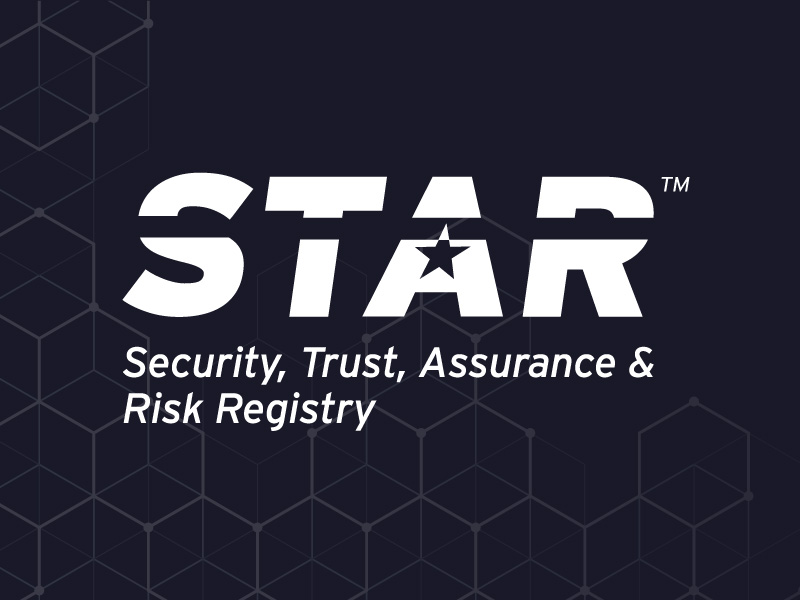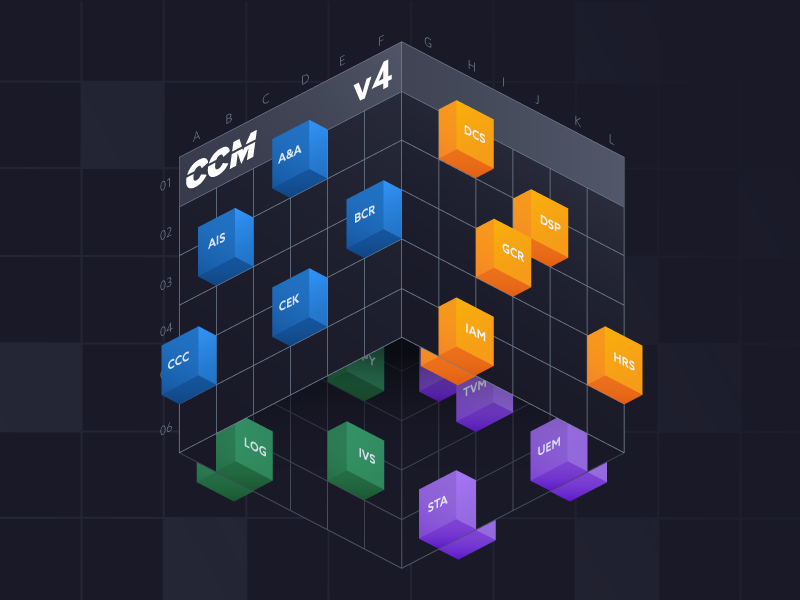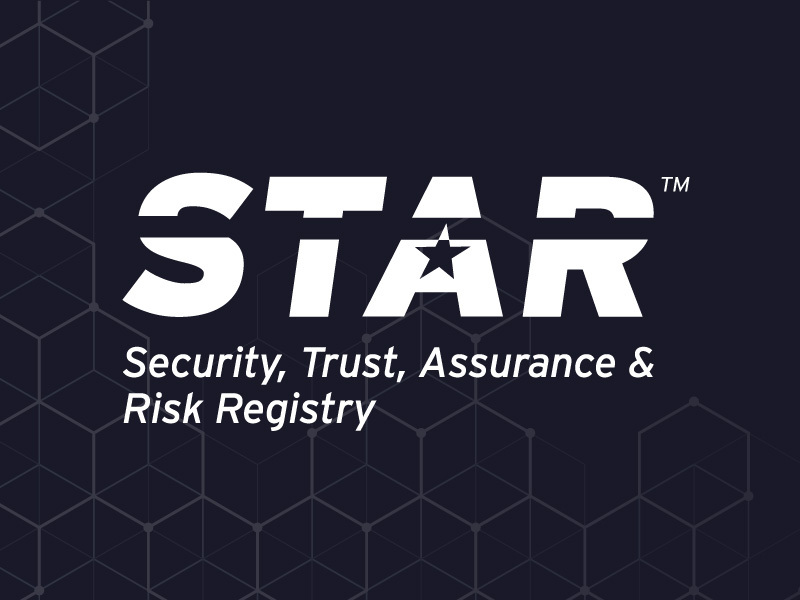Navigating Data Privacy in the Age of AI: How to Chart a Course for Your Organization
Published 07/26/2024
Originally published by BARR Advisory.
Artificial intelligence (AI) raises significant data privacy concerns due to its ability to collect, analyze, and utilize vast amounts of personal information. So what role do companies that have implemented AI play in keeping user data secured? Let’s dive in.
One of the main concerns with AI is the potential for unauthorized access to and misuse of sensitive data. As AI algorithms rely heavily on data to function, there is a risk that personal information could be collected and exposed, leading to identity theft, fraud, or discrimination. Additionally, AI systems have the potential to infer private information from non-sensitive data, which can be used for targeted advertising, manipulation, or invasion of individuals’ privacy.
The widespread adoption of AI increases the likelihood of large-scale data breaches where massive amounts of personal information are compromised, leading to severe consequences for individuals and organizations.
Addressing these concerns requires a multi-faceted approach that covers three key areas: security, transparency, and accountability.
1. Security
Implementing robust security measures, such as encryption and access controls, is essential to safeguard data from unauthorized access. Companies should also invest in employee training and education programs to ensure that individuals handling data understand the importance of privacy and are equipped to handle potential privacy risks effectively.
2. Transparency
Transparency is crucial. Individuals should have full visibility into and control over their data. This means AI tools should be obtaining explicit consent for data collection, providing opt-out mechanisms, and enabling individuals to access and delete their data when desired.
3. Accountability
Strict legislation and regulations that outline clear guidelines on data collection, usage, storage, and sharing should be implemented and enforced to ensure that individuals’ privacy rights are protected. This doesn’t just fall on lawmakers. Both external regulations and internal company governance play a vital role in maintaining data privacy in the age of AI:
- External regulations should be comprehensive, adaptive, and enforceable, taking into account the rapid advancements in AI technology. Regulators need to collaborate with industry experts and privacy advocates to ensure that privacy concerns are adequately addressed.
- Internal company governance, meanwhile, should prioritize privacy as a fundamental principle. This means organizations should establish privacy-centric cultures and appoint data protection officers to oversee privacy-related matters. Implementing privacy by design principles, conducting regular privacy impact assessments, and fostering transparency in data practices are all essential steps for responsible AI deployment.
For organizations aiming to implement AI safely and securely, achieving compliance against an industry standard is a great first step. In addition to the recent release of ISO 42001 to address AI management, HITRUST has also announced its own AI Assurance Program.
Unlock Cloud Security Insights
Subscribe to our newsletter for the latest expert trends and updates
Related Articles:
How CSA STAR Helps Cloud-First Organizations Tackle Modern Identity Security Risks
Published: 02/13/2026
The Great Divide: How AI Is Splitting the Cybersecurity Landscape
Published: 02/12/2026
Offboarding Under Pressure: How to Keep SaaS and AI Data Secure During Layoffs
Published: 02/10/2026









.jpeg)